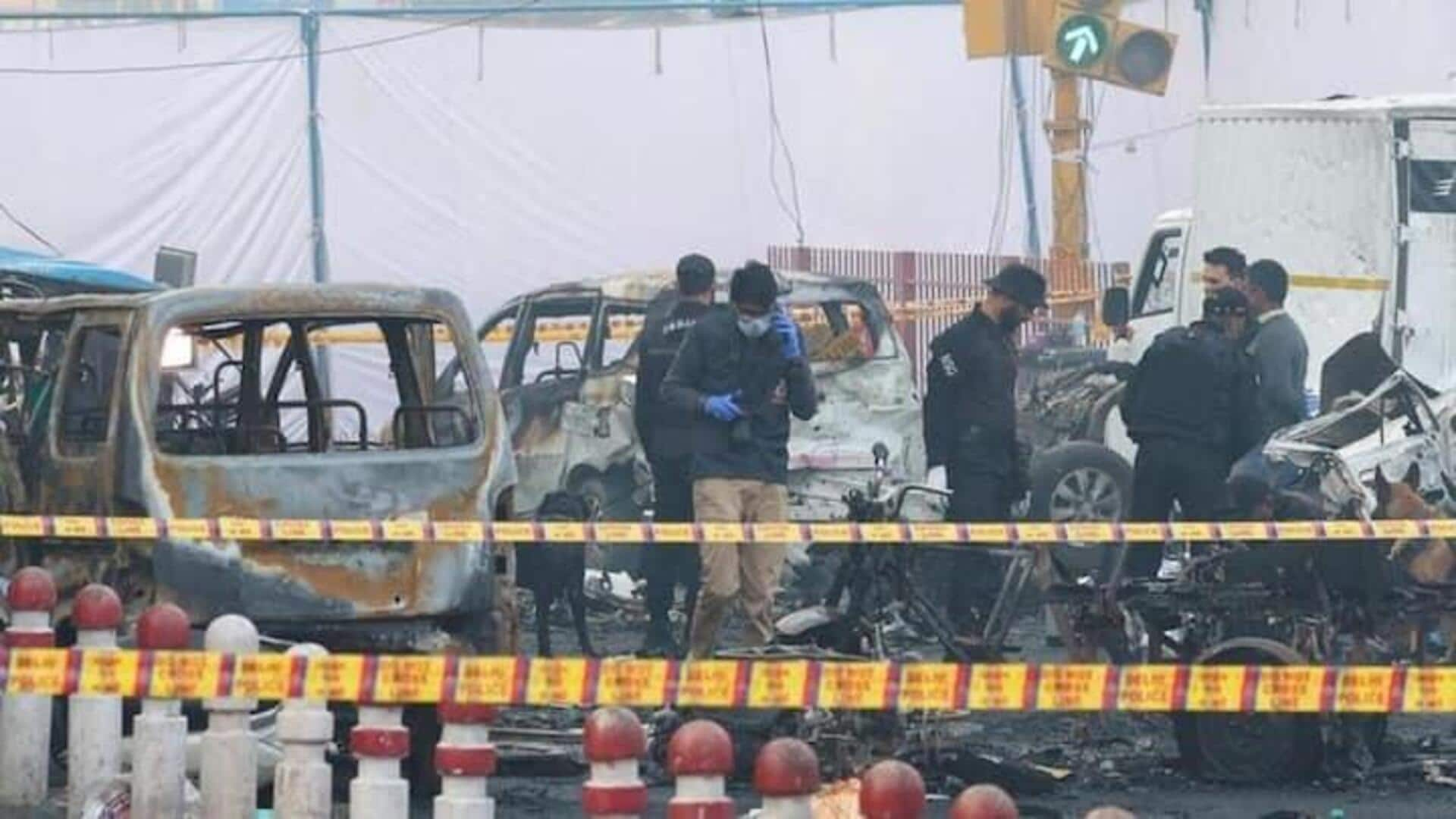
'We hit Red Fort, Kashmir's forests': Pakistan leader's big admission
What's the story
In a shocking admission, Pakistani leader Chaudhry Anwarul Haq appears to have acknowledged his country's involvement in the recent car blast near Red Fort, which killed 14 people. In a viral video, Haq said, "Few days later, armed men entered and attacked (Delhi) and they probably haven't counted all bodies so far." "I earlier said that if you keep bleeding Balochistan, we'll hit India from Red Fort to the forests of Kashmir. By the grace of Allah, we've done it."
Terrorism acknowledgment
Haq's remarks highlight Pakistan's role in terrorism
By Kashmir's forests, Haq was alluding to the Baisaran Valley attack in Jammu and Kashmir's Pahalgam, where 26 people were killed. An armed group called The Resistance Front (TRF) claimed responsibility for the Pahalgam attack. TRF is an offshoot of the Pakistan-based terrorist group Lashkar-e-Taiba (LeT). In the Delhi blast, the alleged mastermind was Dr. Umar Un Nabi, who was part of Jaish-e-Mohammed-linked 'white-collar' terror module busted in Faridabad days before the incident. Jaish is also another Pakistan-based terror group.
Diplomatic tensions
Pakistan's response to India and internal accusations
Pakistan has long accused India of supporting unrest in its southwestern province of Balochistan, where separatist groups like the Baloch Liberation Army and Baloch Liberation Front have waged war for secession. Islamabad cited the arrest of former Indian navy officer Kulbhushan Jadhav in Balochistan in March 2016 as evidence of India's involvement. But New Delhi refuted the charges, calling them false.
Leader
Pakistan's own CM exposes terror policy
This is not the first time a Pakistani lawmaker has spoken out about Islamabad's role in fomenting cross-border terrorism. Khyber Pakhtunkhwa Chief Minister Sohail Afridi recently exposed Pakistan's terror policy, claiming it benefits from "fake" terrorist strikes in the region. According to Afghan TOLO News, Afridi accused Islamabad of fueling staged terrorist attacks while impeding efforts for peace in the sensitive Khyber area. He accused Islamabad of "manufacturing terrorism" to further its political goals.